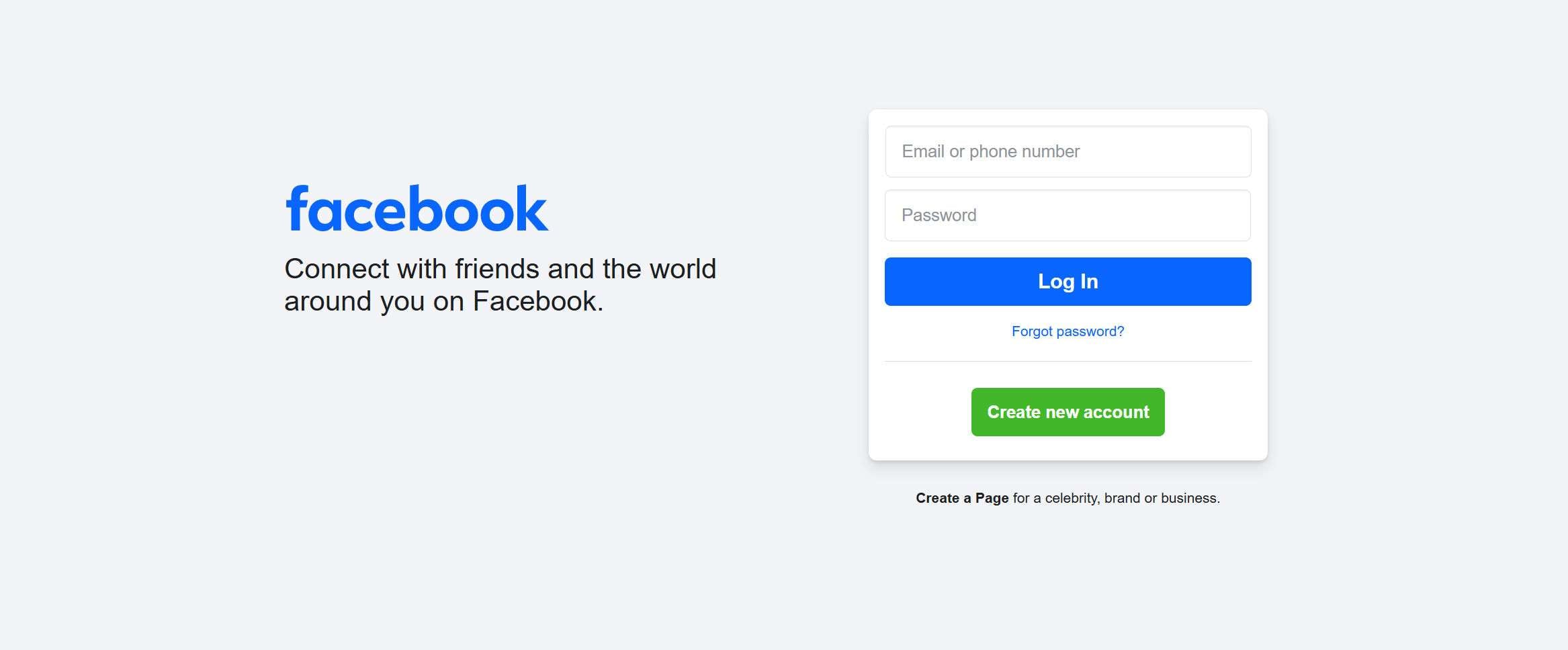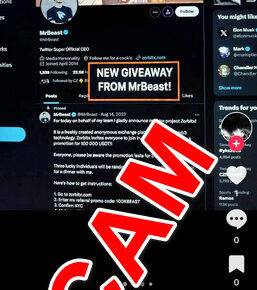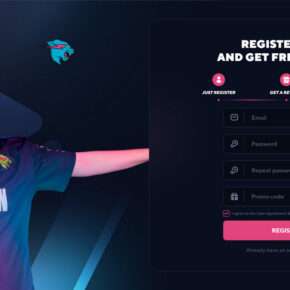If you’ve recently noticed an unexpected $40 deposit in your PayPal, Venmo, Zelle, or received a virtual prepaid card, you might be among the many Facebook users benefiting from the $90 million Internet Tracking Settlement. This article delves into the legitimacy of these payouts, the background of the lawsuit, and what it means for your privacy rights.

What Is the Facebook Internet Tracking Settlement?
Between April 22, 2010, and September 26, 2011, Facebook was accused of tracking users’ activities on non-Facebook websites that featured the “Like” button, even when users were logged out of their accounts. This practice raised significant privacy concerns, leading to a class-action lawsuit against Facebook, now known as Meta Platforms, Inc.
Settlement Details
To resolve the allegations without admitting wrongdoing, Meta agreed to a $90 million settlement. The funds were allocated to cover administrative costs, attorneys’ fees, and direct payments to eligible users. The settlement received final approval, and payments began distribution on April 10, 2025.
Are the $40 Payouts Legitimate?
Yes, the $40 payouts are legitimate. Users across the United States have reported receiving these payments through various methods, including PayPal, Venmo, Zelle, virtual prepaid cards, and mailed checks. The payments correspond to claims filed before the September 22, 2022, deadline.
Payment Distribution
The settlement administrator, Angeion Group, managed the distribution of funds. Eligible claimants who submitted valid claims received their payments starting April 10, 2025. The average payout amount was approximately $40, though individual amounts varied based on the number of valid claims submitted.
Eligibility Criteria
Who Qualified for the Settlement?
To be eligible for a payout, individuals had to meet the following criteria:
- Be a Facebook user in the United States between April 22, 2010, and September 26, 2011.
- Have visited non-Facebook websites that displayed the Facebook “Like” button during that period.
- Submit a valid claim form by the September 22, 2022, deadline.
No additional documentation was required beyond providing Facebook account information.
Understanding the Privacy Implications
The Core Issue
The lawsuit centered on Facebook’s use of cookies and plugins to track users’ online activities on third-party websites, even after they had logged out of Facebook. This practice raised concerns about the extent of user data collection and the transparency of such methods.
Broader Impact
This case highlights the importance of digital privacy and the need for companies to be transparent about data collection practices. It also underscores the role of legal action in holding corporations accountable for privacy violations.
How to Verify Your Payment
If you received a payment or notification, verify its legitimacy by checking the sender’s information. Official communications regarding the settlement were managed by the Angeion Group. Be cautious of phishing attempts and avoid clicking on suspicious links.
Contacting the Settlement Administrator
For any questions or concerns, you can contact the settlement administrator:
- Mail: Facebook Internet Tracking Litigation, c/o Settlement Administrator, 1650 Arch Street, Suite 2210, Philadelphia, PA 19103
- Phone: 1-844-665-0905
- Email: info@FBInternetTrackingSettlement.com
Frequently Asked Questions (FAQ)
What is the Facebook Internet Tracking Settlement?
The Facebook Internet Tracking Settlement is the result of a $90 million class-action lawsuit against Facebook (now Meta), which alleged that the company tracked users’ activity on third-party websites without their consent, even after they had logged out of Facebook.
Why did Facebook settle the lawsuit?
Facebook chose to settle the lawsuit without admitting wrongdoing to avoid prolonged litigation. The company agreed to pay $90 million to resolve the claims and compensate affected users.
Who was eligible to receive a payout?
Anyone who was a Facebook user in the United States between April 22, 2010, and September 26, 2011, and visited non-Facebook websites with embedded Facebook “Like” buttons during that time may have been eligible—if they submitted a valid claim by September 22, 2022.
How much money did eligible users receive?
Most users received around $40, though individual payments varied depending on the number of valid claims submitted and administrative costs. This is a higher-than-average amount compared to typical class-action settlements.
How were the payments sent?
Payments were issued through various methods, including direct deposit to PayPal, Venmo, Zelle, virtual prepaid cards, or by mailed check, depending on the option selected during the claim submission process.
I received a $40 payment I wasn’t expecting—how do I know it’s real?
If the payment came from the official settlement administrator (Angeion Group) and you submitted a claim in 2022, it is most likely legitimate. Confirm the sender’s email domain and cross-reference it with official settlement contact details.
What if I didn’t file a claim—can I still get paid?
No. The deadline to submit a claim was September 22, 2022. If you did not file by that date, you are not eligible to receive compensation from this settlement.
What was Facebook accused of doing?
The lawsuit claimed Facebook used tracking cookies and embedded social plugins (like the “Like” button) to monitor users’ visits to external websites, even after they had logged out of their Facebook accounts. This was argued to be a violation of privacy rights.
What does this settlement mean for my privacy going forward?
While the settlement compensates users for past tracking, it also raises broader awareness about online data privacy. It serves as a reminder to review your digital privacy settings and stay informed about how your data is collected and used.
Who managed the settlement payments?
The settlement was handled by Angeion Group, a court-approved claims administrator. They were responsible for verifying claims and issuing payments to eligible participants.
Where can I get more information?
You can visit the official settlement website or contact the administrator via email at info@FBInternetTrackingSettlement.com or call 1-844-665-0905 for additional details.
The Bottom Line
The $40 payments from the Facebook Internet Tracking Settlement are genuine and result from a significant legal action addressing privacy concerns. If you received such a payment and met the eligibility criteria, rest assured that it’s legitimate. This settlement serves as a reminder of the importance of digital privacy and the impact of collective legal efforts in enforcing accountability.





